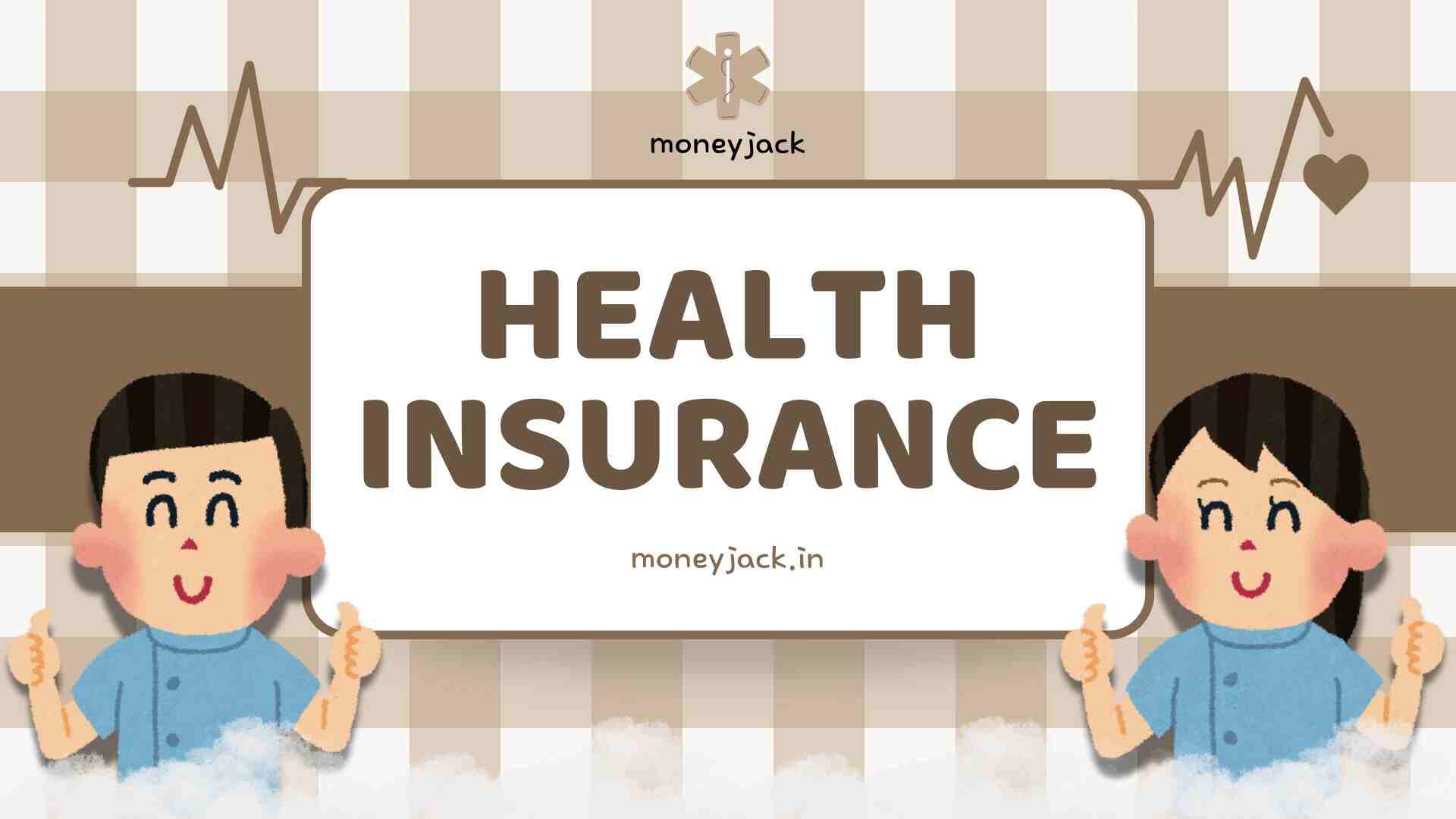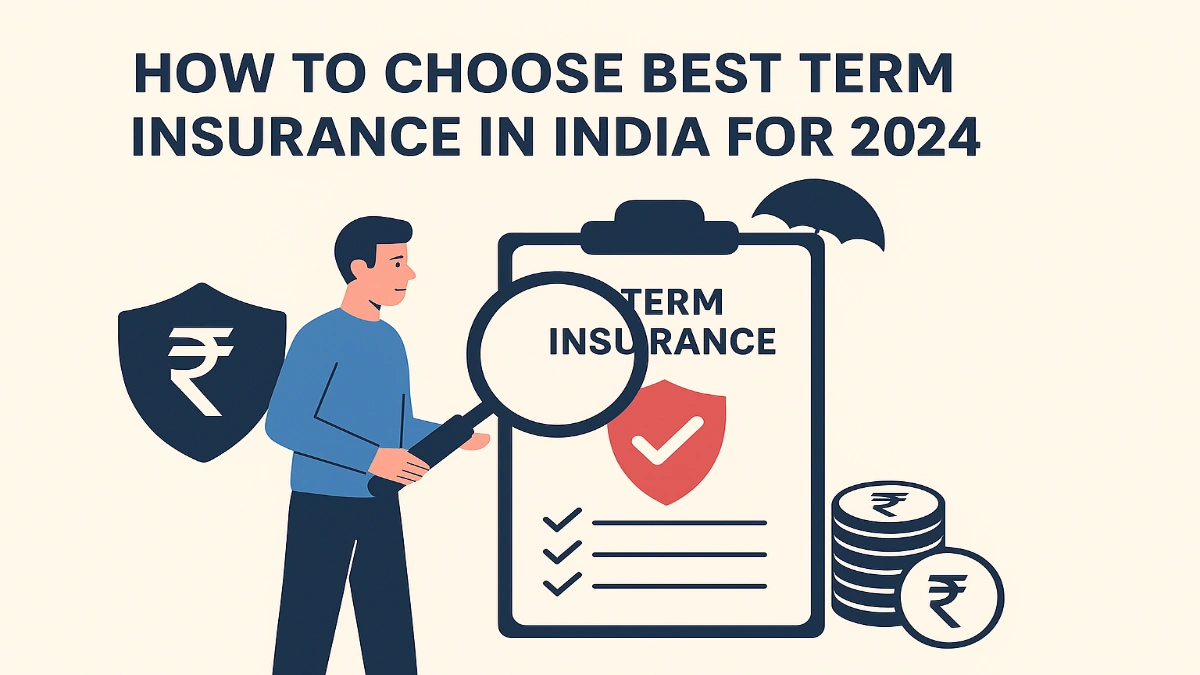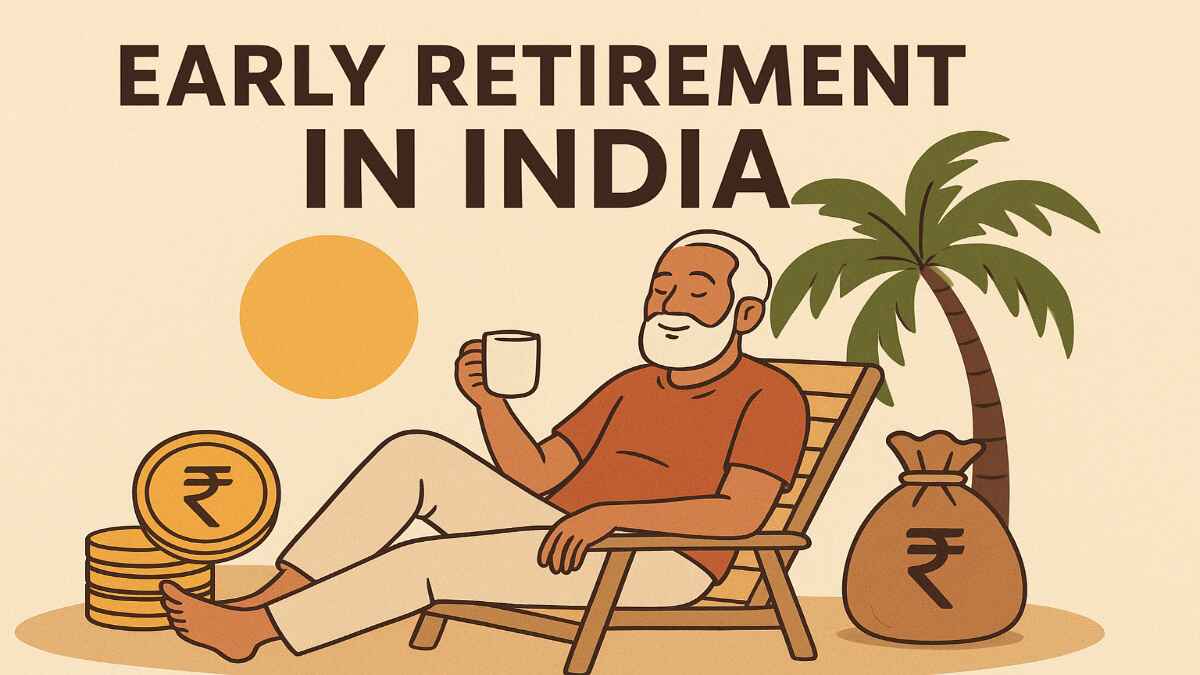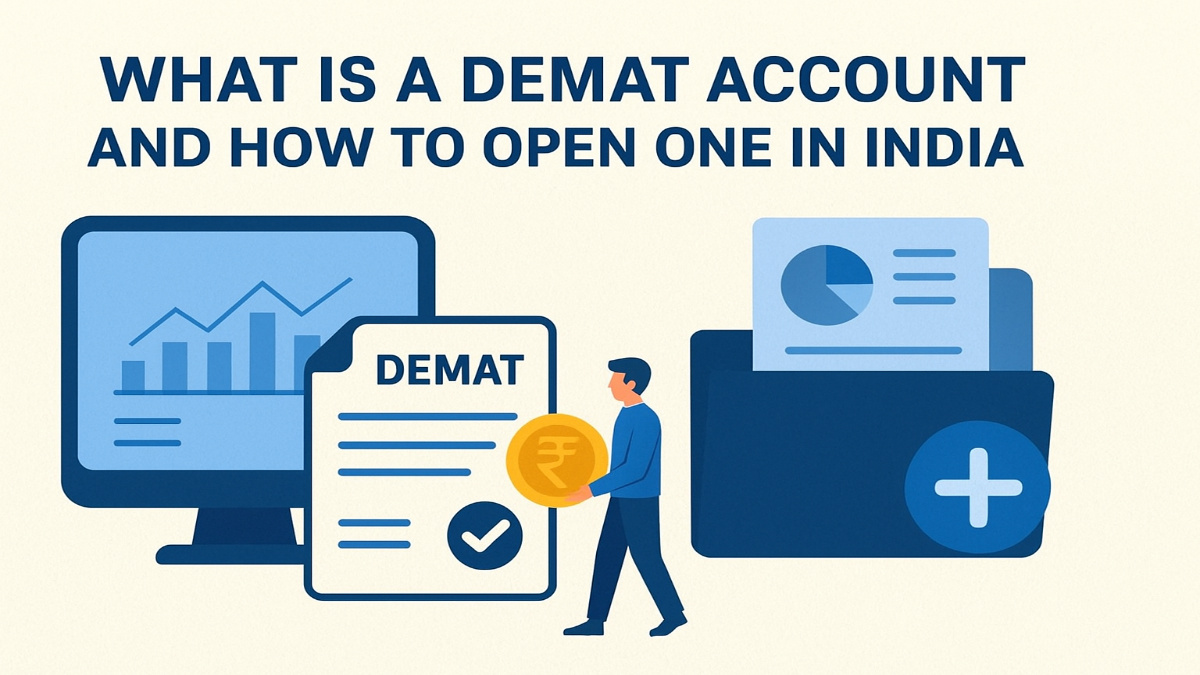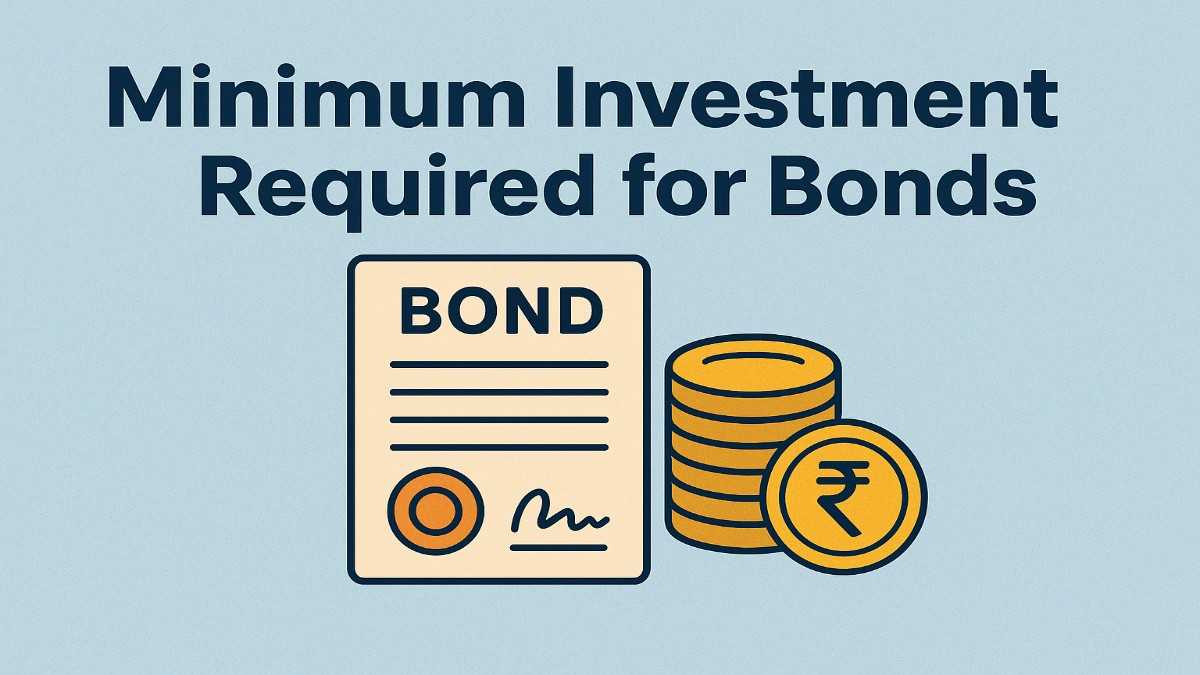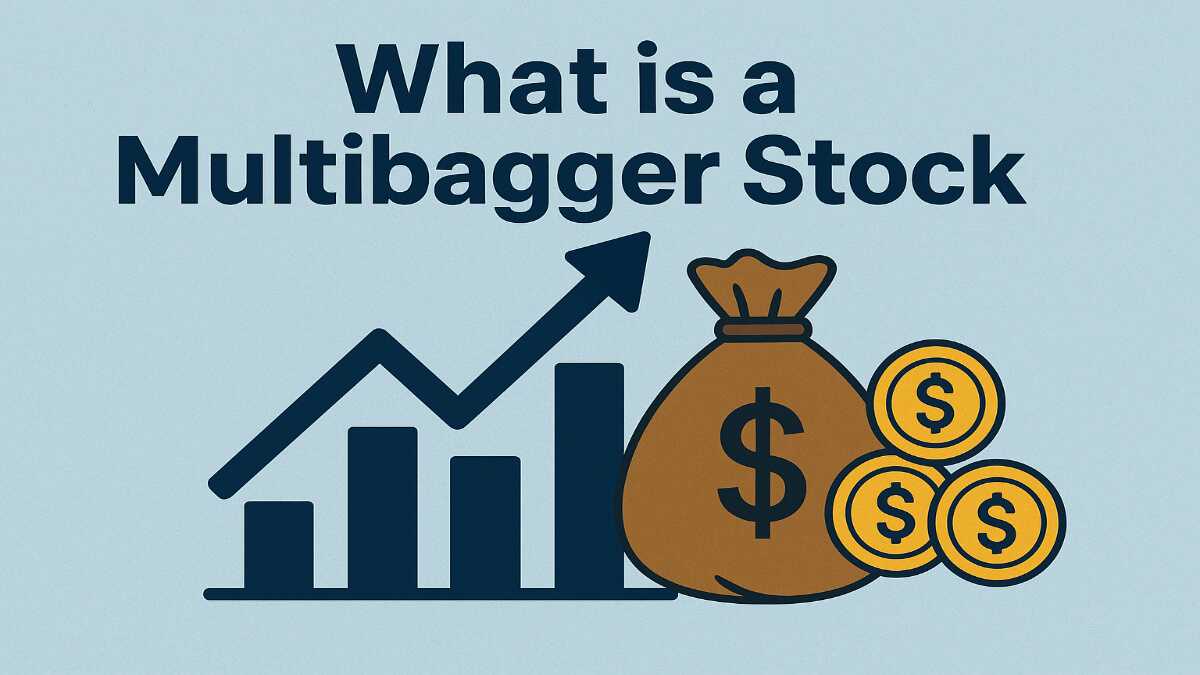Introduction
In today’s fast-paced world, where medical expenses are skyrocketing, securing the best health insurance in India is a critical step toward financial and emotional security. With healthcare costs rising—hospitalization for a single procedure can cost lakhs—having a robust health insurance plan is no longer optional but essential. The Indian health insurance market offers a plethora of options, from basic hospitalization plans to comprehensive policies covering critical illnesses, maternity, and outpatient care. However, navigating this landscape can be daunting due to the variety of plans, terms, and conditions.”How to Choose the Best Health Insurance in India”
Table of Contents
Section 1: Understanding Health Insurance
What is Health Insurance?
Health insurance is a contract between you and an insurance company, where the insurer agrees to cover your medical expenses in exchange for a premium. In India, health insurance policies typically cover hospitalization costs, pre and post-hospitalization expenses, day care procedures (treatments not requiring overnight stays), and sometimes outpatient department (OPD) expenses. According to the Insurance Regulatory and Development Authority of India (IRDAI), health insurance can also include personal accident cover and travel-related health risks.
Types of Health Insurance Plans in India
To choose the best health insurance in India, you need to understand the different types of plans available:
- Individual Health Insurance: Covers a single person, ideal for young individuals or those without dependents.
- Family Floater Health Insurance: Covers the entire family under one policy with a shared sum insured, suitable for families with multiple members.
- Senior Citizen Health Insurance: Designed for individuals above 60, focusing on age-related ailments and higher coverage needs.
- Critical Illness Insurance: Provides a lump sum payout upon diagnosis of specified critical illnesses like cancer, stroke, or heart disease.
- Maternity Insurance: Covers expenses related to pregnancy, childbirth, and newborn care.
- Top-Up Plans: Offer additional coverage at a lower premium, ideal for those with existing policies needing extra protection.
Each type serves a specific purpose, so identifying your needs—whether you’re planning a family, managing chronic conditions, or preparing for retirement—is the first step in choosing the best health insurance in India.
Key Terms to Know
Understanding common health insurance terms can help you make sense of policy documents:
- Premium: The amount you pay (monthly, quarterly, or annually) to keep the policy active.
- Sum Insured: The maximum amount the insurer will pay for your medical expenses in a policy year.
- Deductible: The amount you pay out-of-pocket before the insurer covers the rest.
- Co-payment: A percentage of the claim amount you pay, with the insurer covering the rest.
- Waiting Period: The time you must wait before certain conditions (e.g., pre-existing diseases) are covered.
- No-Claim Bonus: An increase in sum insured or discount on premium for not making claims in a policy year.
Section 2: Key Factors to Consider When Choosing the Best Health Insurance in India
Selecting the best health insurance in India requires careful evaluation of several factors to ensure you get comprehensive coverage at an affordable price. Here are the key aspects to consider:
1. Coverage
The coverage offered by a health insurance plan is the most critical factor. Look for plans that include:
- Hospitalization: Covers in-patient treatment costs, including room rent, doctor fees, and surgeries.
- Pre and Post-Hospitalization: Covers expenses like diagnostics and follow-up visits before and after hospitalization (typically 30-60 days pre and 60-90 days post).
- Day Care Procedures: Covers treatments like cataract surgery or dialysis that don’t require overnight stays.
- Critical Illness Cover: Provides a lump sum for life-threatening conditions like cancer or heart disease.
- Maternity Benefits: Covers delivery, pre/post-natal care, and newborn expenses.
- OPD Coverage: Covers outpatient expenses like doctor consultations and medicines (optional in some plans).
For example, if you’re planning to start a family, choosing a plan with maternity benefits is crucial. Ensure the sum insured is sufficient—experts recommend at least ₹5-10 lakh for urban areas due to high medical costs.
2. Network Hospitals
A wide network of cashless hospitals is essential for hassle-free treatment. In a cashless facility, the hospital bills the insurer directly, so you don’t need to pay upfront. Check if the insurer’s network includes reputable hospitals in your city. For instance, Bajaj Allianz Health Guard offers access to over 18,400 network hospitals, while Care Supreme provides 21,600+.
3. Claim Settlement Ratio
The claim settlement ratio (CSR) indicates the percentage of claims an insurer settles in a year. A higher CSR (e.g., 95% or above) suggests reliability. For example, insurers like HDFC ERGO and ICICI Lombard often have CSRs above 90%, making them trustworthy choices. You can find CSR data on IRDAI’s website or platforms like Policybazaar.
4. Premiums and Affordability
Premiums depend on factors like age, sum insured, and pre-existing conditions. While lower premiums are tempting, they may come with limited coverage or higher co-payments. Compare premiums across plans but prioritize coverage. For instance, a young individual might pay ₹5,000-10,000 annually for a ₹5 lakh plan, while senior citizens may pay more due to higher risk.
5. Add-ons
Add-ons enhance your policy’s coverage. Common add-ons include:
- Critical Illness Cover: Lump sum payout for specified illnesses.
- Personal Accident Cover: Compensation for accidental injuries or death.
- Air Ambulance: Covers emergency transport costs.
- OPD Cover: For outpatient expenses like consultations and diagnostics.
Consider add-ons based on your lifestyle and health needs. For example, if you travel frequently, an air ambulance add-on might be useful.
6. Waiting Periods
Most policies have waiting periods for pre-existing diseases (PEDs) and specific treatments (e.g., joint replacement). The IRDAI mandates a maximum waiting period of 48 months for PEDs, but some plans offer shorter periods (e.g., 24 months). Check these details to avoid surprises during claims.
7. Exclusions
Exclusions are treatments or conditions not covered by the policy, such as cosmetic surgeries, experimental treatments, or self-inflicted injuries. Read the policy document carefully to understand exclusions and avoid claim rejections.
8. Customer Service
Good customer service ensures smooth claim processing and support during emergencies. Look for insurers with 24/7 helplines, online claim tracking, and positive customer reviews. Platforms like Policybazaar offer dedicated claim support teams, which can be a significant advantage.
9. Tax Benefits
Health insurance premiums qualify for tax deductions under Section 80D of the Income Tax Act—up to ₹25,000 for individuals and ₹75,000 for senior citizens (including premiums for parents). This makes health insurance a smart financial investment.
By evaluating these factors, you can narrow down your options and choose the best health insurance in India that aligns with your needs and budget.
Section 3: Top Health Insurance Plans in India (2025)
The Indian health insurance market is competitive, with several insurers offering feature-rich plans. Below is a comparison of some of the top health insurance plans in India for 2025, based on coverage, network hospitals, and unique features:
| Plan Name | Entry Age (Min-Max) | Sum Insured (Min-Max) | Network Hospitals | Key Features |
|---|---|---|---|---|
| Aditya Birla Activ One Plan | Adult: 18+, Child: 91 days – 25 years | ₹2 lakh – ₹6 crore | 11,000+ | Unlimited restoration, global cover, day care treatment, no co-payment |
| Bajaj Allianz Health Guard | Adult: 18-65, Child: 90 days – 30 years | ₹1.5 lakh – ₹1 crore | 18,400+ | No sub-limits on room rent, day care treatment, cumulative bonus |
| Care Supreme Plan | Adult: 18+, Child: 91 days – 24 years | ₹5 lakh – ₹1 crore | 21,600+ | High sum insured, day care treatment, cumulative bonus, maternity cover |
| HDFC ERGO Optima Secure | Adult: 18+, Child: 91 days – 25 years | ₹5 lakh – ₹2 crore | 15,000+ | Unlimited restoration, global cover, day care treatment, no sub-limits |
| ICICI Lombard Comprehensive | Adult: 18-125, Child: 91 days – 30 years | ₹5 lakh onwards | 10,200+ | Day care treatment, no co-payment, cumulative bonus, critical illness add-on |
Why These Plans Stand Out
- Aditya Birla Activ One: Ideal for those seeking high coverage (up to ₹6 crore) with global treatment options.
- Bajaj Allianz Health Guard: Offers flexibility with no room rent limits and a vast hospital network.
- Care Supreme: Known for its extensive network and comprehensive maternity benefits.
- HDFC ERGO Optima Secure: Popular for its unlimited restoration feature, ensuring coverage isn’t exhausted.
- ICICI Lombard Comprehensive: Suitable for all ages, with no co-payment and flexible add-ons.
When choosing the best health insurance in India, compare these plans based on your specific needs, such as family size, location, and health conditions. Platforms like Policybazaar can help you explore these options in detail.
Section 4: How to Buy Health Insurance in India
Buying health insurance is a straightforward process, especially with online platforms making it easier. Here’s a step-by-step guide to secure the best health insurance in India:
- Assess Your Needs:
- Determine whether you need an individual, family floater, or senior citizen plan.
- Consider your budget, health conditions, and family medical history.
- Compare Plans:
- Use online comparison tools on websites like Policybazaar or Star Health to evaluate coverage, premiums, and hospital networks.
- Look for plans with high claim settlement ratios and positive customer reviews.
- Choose a Plan:
- Select a plan that balances coverage and affordability.
- Ensure it includes essential features like cashless treatment and critical illness cover.
- Fill Out the Application:
- Provide accurate personal and medical details, including pre-existing diseases.
- Some insurers may require a medical examination, especially for senior citizens or high sum insured plans.
- Pay the Premium:
- Complete the payment online (via net banking, UPI, or card) or offline through an agent.
- Premiums can be paid annually, quarterly, or monthly, depending on the insurer.
- Receive Your Policy Document:
- Download or receive a physical copy of your policy document.
- Keep it handy for future reference, especially during claims.
Disclosing pre-existing diseases is crucial, as non-disclosure can lead to claim rejections. If you’re switching insurers, explore portability options to retain benefits like waiting period waivers.
Section 5: Understanding the Claim Process
Knowing how to make a claim is essential to maximize the benefits of your health insurance. There are two main types of claims:
Cashless Claim
- How It Works: Get treated at a network hospital, and the insurer settles the bill directly with the hospital.
- Process:
- Inform the insurer or TPA (Third Party Administrator) within 24-48 hours of hospitalization.
- Present your health insurance card and ID at the hospital’s insurance desk.
- The hospital sends a pre-authorization request to the insurer.
- Once approved, treatment proceeds without upfront payment.
- Benefits: Eliminates the need to arrange funds during emergencies.
Reimbursement Claim
- How It Works: Pay the hospital bills upfront and claim reimbursement from the insurer.
- Process:
- Inform the insurer within the stipulated time (usually 48 hours for emergency hospitalization).
- Collect all bills, discharge summary, prescriptions, and diagnostic reports.
- Submit the claim form and documents to the insurer or TPA.
- The insurer processes the claim within 30 days, as per IRDAI guidelines.
- Documents Required: Hospital bills, discharge card, doctor’s prescription, diagnostic test reports, and policy details.
Per IRDAI regulations, claims must be settled within 30 days of receiving all documents, or the insurer pays interest (2% above the bank rate) for delays. For more details, visit IRDAI’s policyholder page.
Section 6: Tips for Maximizing Your Health Insurance

To get the most out of your health insurance, follow these practical tips:
- Leverage Free Health Check-ups: Many plans offer annual health check-ups, helping you monitor your health and detect issues early.
- Earn No-Claim Bonus: If you don’t make claims in a policy year, you may receive a bonus, such as an increased sum insured or premium discount.
- Upgrade as Needed: As your family grows or health needs change, consider increasing your sum insured or adding relevant add-ons.
- Renew On Time: Timely renewal ensures continuity of benefits like waiting period waivers and no-claim bonuses. IRDAI allows a grace period (usually 30 days) for renewals without losing continuity.
- Understand Policy Terms: Regularly review your policy to stay informed about coverage, exclusions, and claim procedures.
By following these tips, you can ensure your health insurance plan remains effective and relevant over time.
FAQs
What is health insurance?
Health insurance is a contract where the insurer covers your medical expenses in exchange for a premium, including hospitalization, surgeries, and sometimes OPD costs.
Who can provide health insurance in India?
Life, general, and health insurance companies registered with IRDAI, such as Bajaj Allianz, HDFC ERGO, and Star Health, offer health insurance.
What is the entry age for health insurance?
Typically up to 65 years, but some plans, like ICICI Lombard Comprehensive, cover up to 125 years for adults.
What are pre-existing diseases (PEDs)?
Conditions diagnosed or treated within 48 months before the policy’s start date. Coverage usually begins after a waiting period of 2-4 years.
How are health insurance premiums determined?
Premiums depend on age, sum insured, health conditions, and add-ons. Older individuals or those with PEDs pay higher premiums.
What is a Third Party Administrator (TPA)?
A TPA is a company engaged by the insurer to manage health services, such as claim processing and hospital coordination.
What is a cashless facility?
Allows treatment at network hospitals without upfront payment; the insurer settles the bill directly.
Is AYUSH treatment covered?
Yes, treatments like Ayurveda, Yoga, Unani, Siddha, and Homeopathy are covered at IRDAI-defined AYUSH hospitals, subject to policy terms.
What is the claim settlement process?
Claims must be settled within 30 days of receiving all documents. Delays incur interest, and denials must include reasons and grievance options.
Can I have multiple health insurance policies?
Yes, you can have multiple policies. For indemnity plans, you choose which policy to claim from first; for fixed-benefit plans, each insurer pays independently.
What is co-payment?
A percentage of the claim amount you pay, with the insurer covering the rest. It doesn’t reduce the sum insured.
What is a cumulative bonus?
An increase in sum insured without a premium hike for claim-free years.
Conclusion
Choosing the best health insurance in India is a vital decision that requires balancing coverage, affordability, and reliability. By understanding your needs, comparing plans, and evaluating factors like network hospitals, claim settlement ratios, and add-ons, you can select a policy that offers comprehensive protection. The top plans listed, such as Aditya Birla Activ One and HDFC ERGO Optima Secure, provide robust options for various needs. Additionally, understanding the claim process and maximizing benefits like no-claim bonuses can enhance your policy’s value.
Health insurance is not just an expense but an investment in your well-being and financial security. Start early, renew on time, and consult certified advisors if needed to ensure you have the best health insurance in India. With the right plan, you can face medical emergencies with confidence, knowing your finances are protected.
Disclaimer: Moneyjack.in provides general financial information for educational purposes only. We are not financial advisors. Content is not personalized advice. Consult a qualified professional before making financial decisions. We are not liable for any losses or damages arising from the use of our content. Always conduct your own research.

